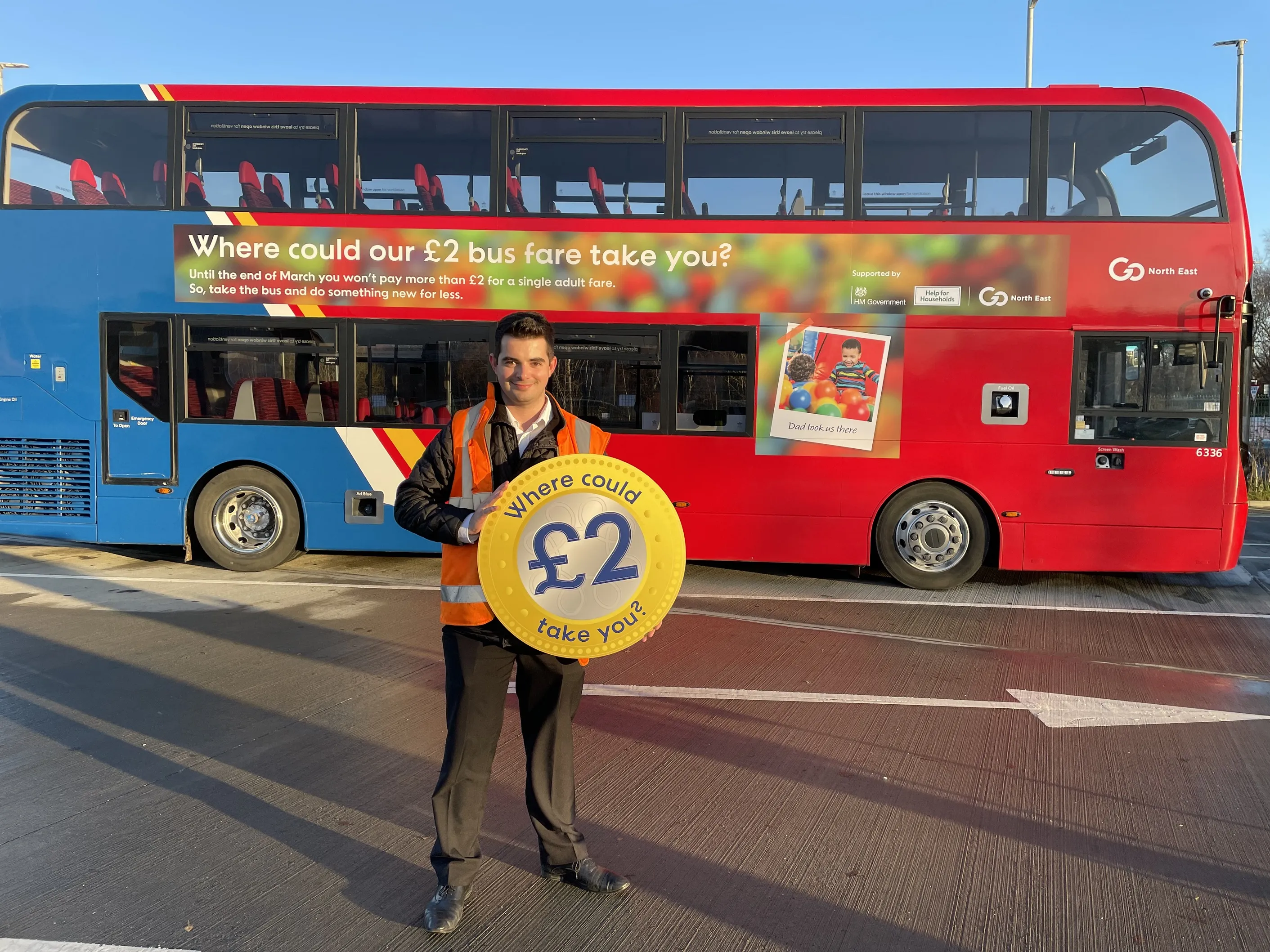Leading international public transport group, Stagecoach, is undertaking trials of an amphibious bus - 'amfibus' - on the River Clyde near Glasgow in Scotland.
February 1, 2012
Read time: 2 mins
Leading international public transport group, 805 Stagecoach, is undertaking
trials of an amphibious bus - 'amfibus' - on the River Clyde near
Glasgow in Scotland. The US$1 million bus, based on a 609 Volvo chassis, can
carry 50 passengers and is built in Holland by 2054 Dutch Amphibious Transport Vehicles BV (DAT) of Nijmegen. Fitted with a Euro
5-compatible engine, it can travel at 8kt (14.8km/h) in the water and
has a maximum road speed of 100km/h.
2050 Strathclyde Partnership for Transport operates the 500-year-old Renfrew
to Yoker ferry service and concedes that it is a vital transport link,
catering for 140,000 passenger journeys a year. Nevertheless, in January
it decided to axe the ferry at the end of March to save nearly
US$650,000 a year.
Plans to replace the ferry with the 'amfibus' will not just involve crossing the river between Renfrew and Yoker. Instead it will run by road from Braehead to the Renfrew Ferry slipway, cross the Clyde to Yoker, and then continue by road to Clydebank.
Brian Souter, Stagecoach Group Chief Executive, said: "This is an exciting transport project that would provide a seamless bus connection between two important local communities. Passengers can use the amfibus to travel over road and water without having to change from a bus to a ferry."
Souter says that the vehicle demonstrates the potential of rivers and estuaries to be links rather than barriers to travel.
Plans to replace the ferry with the 'amfibus' will not just involve crossing the river between Renfrew and Yoker. Instead it will run by road from Braehead to the Renfrew Ferry slipway, cross the Clyde to Yoker, and then continue by road to Clydebank.
Brian Souter, Stagecoach Group Chief Executive, said: "This is an exciting transport project that would provide a seamless bus connection between two important local communities. Passengers can use the amfibus to travel over road and water without having to change from a bus to a ferry."
Souter says that the vehicle demonstrates the potential of rivers and estuaries to be links rather than barriers to travel.








